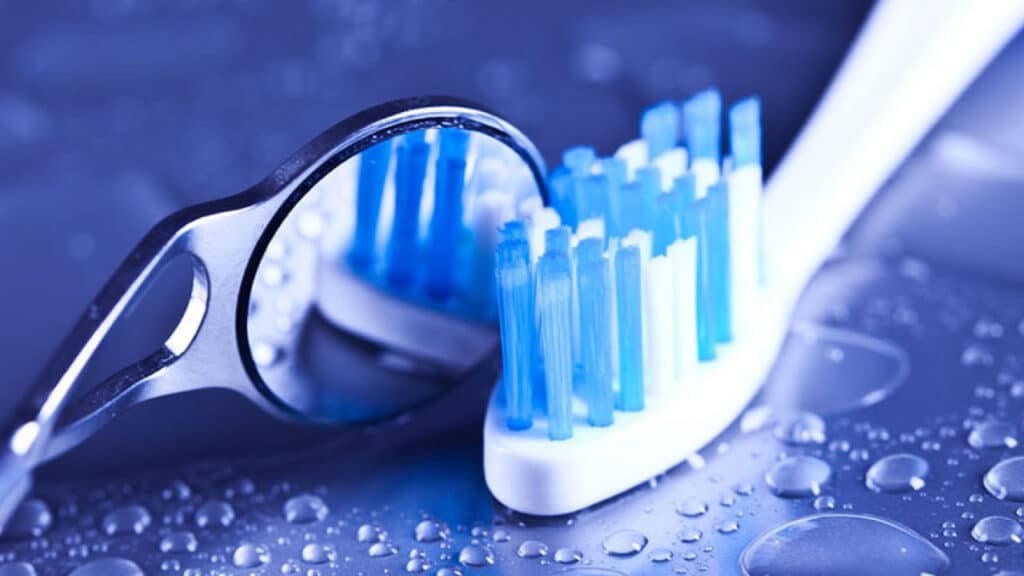What impacts your daily performance? Your physical health? Mental wellbeing? The people you have around you? Other environmental factors?
What about dental problems?
A lot of dentistry is generally considered non-essential healthcare. That’s why it can be even harder to find and afford a dentist than a doctor. But what’s going on in your mouth can have a profound impact on the rest of your body and your ability to carry out regular daily tasks. There’s even a special quality of life measurement called Oral Impact on Daily Performance (OIDP) to assess how your oral health affects everything else.
The OIDP measures the physical, psychological and social impact of poor oral health. An obvious example would be if you have toothache or missing teeth. This affects your ability to chew, meaning you can’t eat a full and balanced diet, something that you should be doing every day. That obviously has wider health implications.
Missing teeth, discolored teeth, or other obvious physical issues can also cause shame or embarrassment for an individual, making them reluctant to smile or go out with other people. It can have a damaging effect on their self-esteem and their ability to communicate and socialize. It might not seem obvious, but the ongoing issues caused by poor oral health are widespread.
Scientists have used variations of the OIDP all around the world, with different cultures and age groups. It’s considered a relatively simple assessment to make that doesn’t put too much of a burden on participants, who have to report on their own experiences. Frequency and severity of daily performance issues are scored, then combined together and converted into an overall percentage.
Eight areas of daily performance that can be impacted by oral health are measured: eating and enjoying food; speaking and pronouncing clearly; cleaning teeth; sleeping and relaxing; smiling, laughing and showing teeth without embarrassment; maintaining usual emotional state without being irritable; carrying out major work or social roles; and, enjoying contact with people.
Results from the OIDP are important because they can be used to identify which groups need more support with their oral health and where and what kind of support and services should be offered by governments and/or healthcare providers.
If you take one thing from this, let it be that you can’t ignore your teeth and gums when it comes to daily performance.




